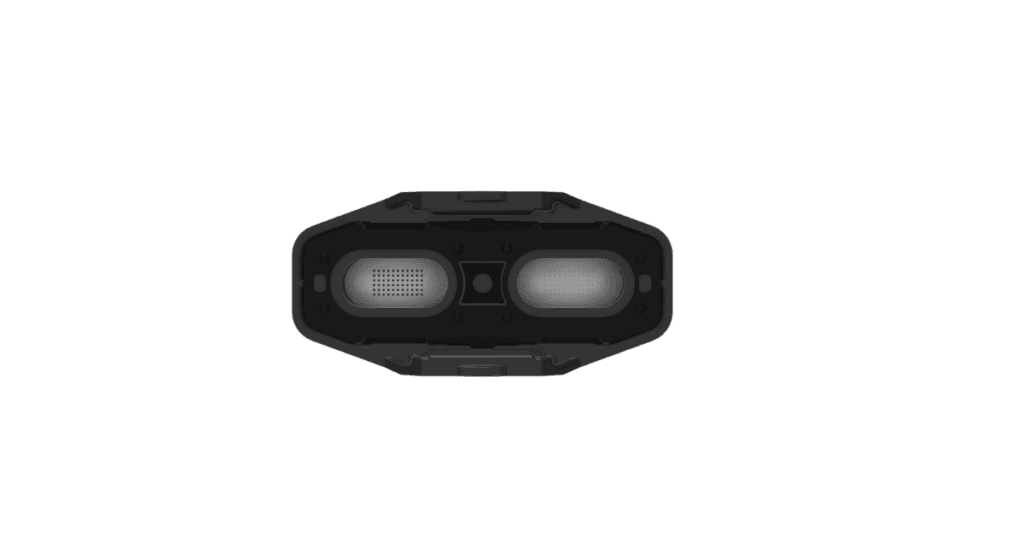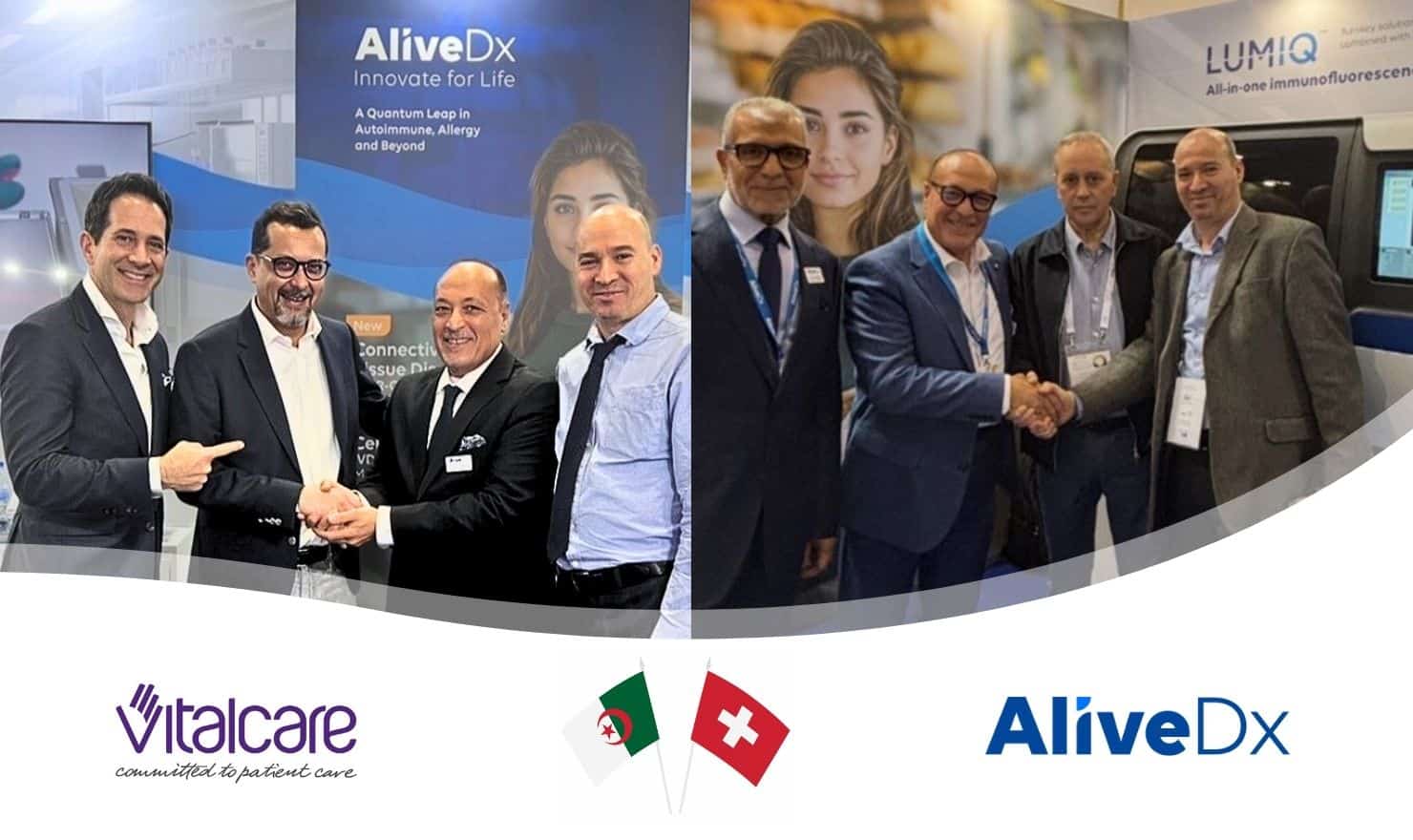In-vitro diagnostics (IVD) is entering a new era, one where artificial intelligence (AI) and multiplexed immunoassays converge to deliver fast, smart and accurate results. At AliveDx, we’re proud to be at the forefront of this transformation with our MosaiQ® and LumiQ® instruments designed to help streamline lab workflows and transform patient care.
In one of our latest clinical studies, we explore how machine learning algorithms, trained on a 15-autoantibody profile, can significantly improve the testing of autoimmune connective tissue diseases (CTDs) such as systemic lupus erythematosus (SLE) and Sjögren’s syndrome (SjS).

Why autoantibody profiling matters
Autoantibodies are critical biomarkers in autoimmune disease detection. Traditional testing often focuses on a few markers, which can miss the broader immunological picture. AliveDx’s MosaiQ AiPlex® CTDplus platform enables simultaneous detection of 15 IgG autoantibodies—including dsDNA, SS-A 60, TRIM21, Sm, Jo-1, Scl-70, and DFS70, to help diagnosis a connective tissue disease and identify common comorbidities.
The power of machine learning in IVD
Using a dataset of 475 CTD patients and 652 disease controls, our team developed classification models using Random Forest, XGBoost, and Logistic Regression. These models were trained on either all 15 autoantibodies, individual markers (e.g., dsDNA and Sm for SLE; SS-A 60, TRIM21 and SS-B for SjS) or disease-specific subsets (e.g., 9-plex for SLE, 3-plex for SjS).
Diagnostic results were enlightening:
- Prediction of SLE:
- 15-plex Random Forest classifier achieved an AUC of 0.92, outperforming individual markers like dsDNA (0.68) and Sm (0.60).
- Prediction of SjS:
- 15-plex classifier reached an AUC of 0.83, compared to 0.62 for the 3-marker model.
These findings demonstrate the potential of multiplexed autoantibody testing combined with AI to improve the identification of these conditions.
What this means for clinicians and patients
For clinicians, this approach has the potential to increase diagnostic confidence through streamlined decision-making.
For patients, it means faster answers to ruling in or out a disease and potential comorbidities, as well as more personalized care.
AliveDx’s vision for the future of in-vitro diagnostics
By integrating machine learning into in-vitro diagnostics, AliveDx is reshaping how autoimmune diseases are detected and managed. Our MosaiQ AiPlex® CTDplus platform is not just a test: It’s a syndromic diagnostic solution designed for precision, speed and scale.
Visit us to find out more about what our assays can do to help transform patient care.
*Certain assays and intended uses for the MosaiQ® system are currently under development and are not yet cleared by the U.S. Food and Drug Administration for commercial use. The MosaiQ® instrument is available in the U.S. as a class II 510(k) exempt device.
©2025 – AliveDx Suisse SA – AliveDx, AliveDx logo, MosaiQ, AiPlex and MosaiQ AiPlex are trademarks or registered trademarks of AliveDx group companies in various jurisdictions. This study was funded by AliveDx Suisse SA, Eysins, Switzerland. Not all methods may be available in all territories. Subject to regulatory clearance in some territories.





